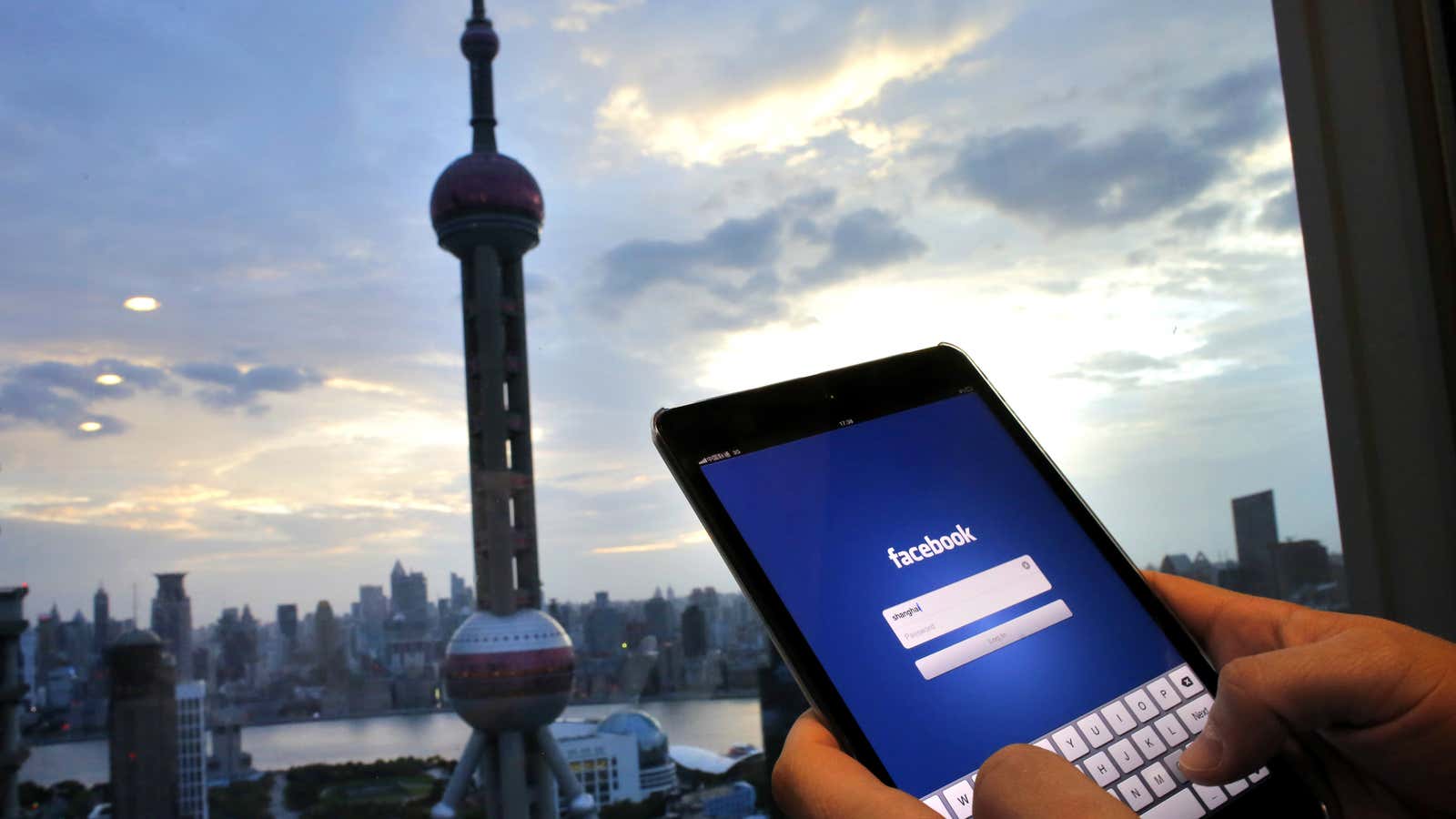This article part of the series called Discrete Choice, in which we ask economists about the most important research they have read recently.
Economist: Matthew Gentzkow, Stanford University
Why you should listen to him: Winner of the 2014 John Bates Clark Medal, the most prestigious award for economists under 40, Gentzkow is perhaps the world’s leading researcher on the economics of media. His work has challenged the notion that internet use increases polarization, or that “fake news” was a determining factor in the 2016 election.
Recommended research: The Impact of Media Censorship: Evidence from a Field Experiment in China (pdf) by Yuyu Chen and David Y. Yang.
What the paper says: The Chinese government heavily censors domestic media, and blocks internet users from reading many foreign outlets, such as the BBC and New York Times. In order to assess the impact of censorship, the researchers conducted an experiment on 1,800 Beijing university students. Two-thirds of the students were offered tools to bypass government censorship, which usually costs $25 a month, and the other half were offered nothing. In addition, a portion of the people offered the tools to skirt the firewall were encouraged by the researchers to read the things that are normally censored by the government.
The researchers found that simply offering the tool did little to change behavior or beliefs, as there doesn’t appears to be much natural demand for the material that the government considers off-limits. But the tool had a big impact on those who were encouraged to use it. On average, this led those students to become more knowledgable about current events, more pessimistic about the Chinese economy and political leaders, and more likely to want to study abroad.
Why Gentzkow thinks this research is important: “This paper is some of the best evidence we have to date on the impact of censorship on citizens’ attitudes and beliefs, and on the underlying economic forces that make it successful. It’s tempting to take it as given that control of the media is a powerful tool. But how and to what extent it is effective is far from clear. At one extreme, people in places like China might naively swallow whatever state-controlled media feeds them. At the other, they might be sophisticated and skeptical, partly or entirely neutralizing censorship by recognizing it for what it is.
This field experiment tackles these questions head on, randomly giving Chinese students access to uncensored internet. It shows that these students are skeptical of foreign media at baseline, but that once they are exposed to it their sense of how much they are missing, their knowledge of world events, and their attitudes toward the Chinese government all change dramatically.”
